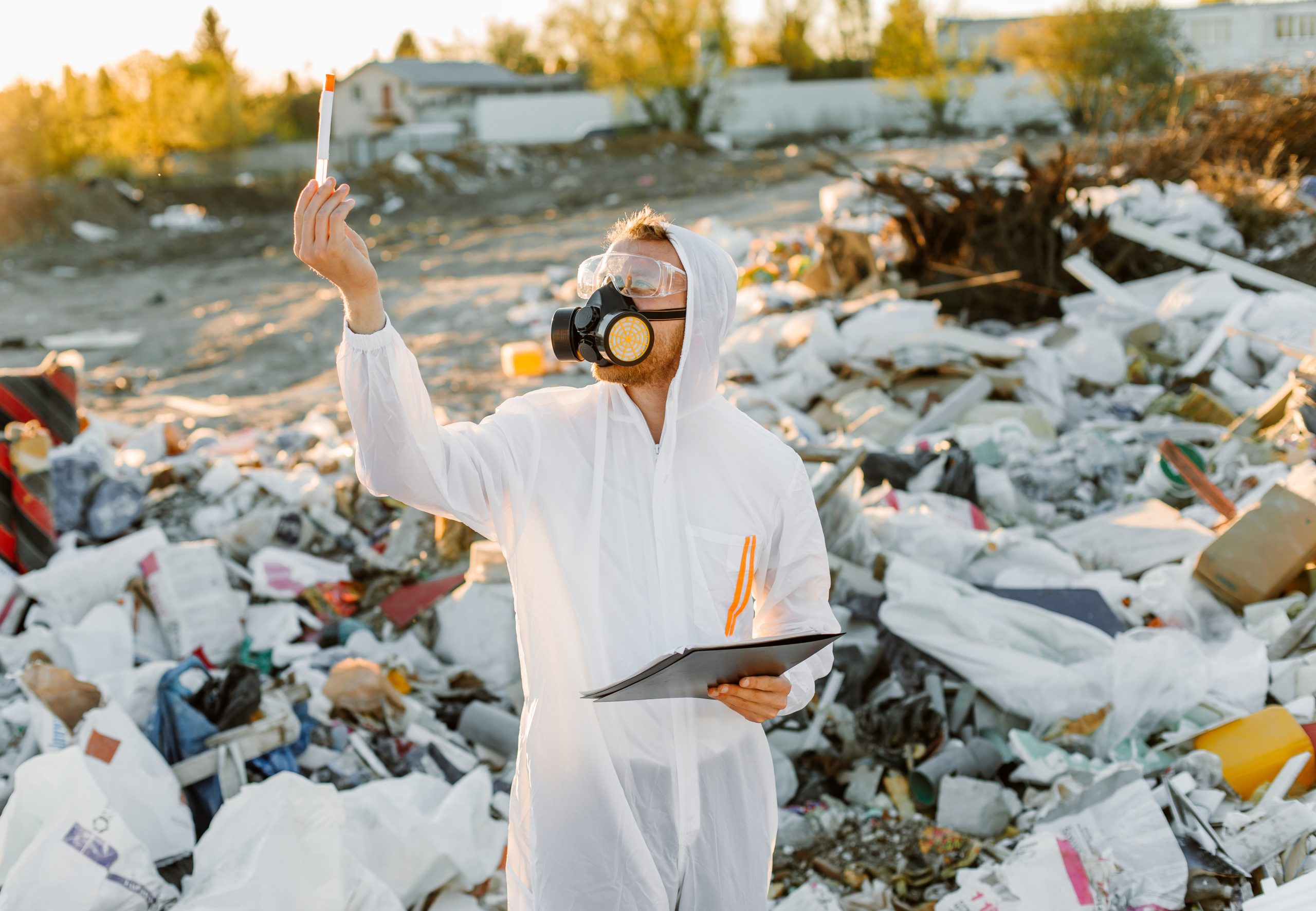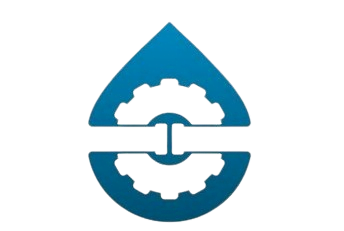
Examining different methods and technologies for urban and industrial waste and providing solutions to reduce pollutants.
The management of disease-contaminated waste is a very critical and sensitive issue that plays a significant role in maintaining public health and preventing the transmission of diseases. These wastes include medical waste materials such as syringes, disinfectants, daily masks, contaminated medical clothes, and other materials that may be contaminated with bacteria, viruses, and other contamination agents.
For the management of disease-contaminated waste, important measures should be taken:
1. Separation and proper collection: These wastes must be properly separated from other wastes and collected with appropriate methods to prevent the transmission of disease to others.
2. Use of protective equipment: People who are in contact with disease-contaminated waste must use appropriate protective equipment such as gloves, masks, and special clothes to prevent the transmission of diseases to them.
3. Disinfection and safe disposal: Disease-contaminated waste must be properly disinfected and disposed of using safe methods to minimize the risk of disease transmission.
4. Proper management of waste: transfer, transport and disposal of disease-infected waste must be done according to health and environmental standards to reduce health risks.
5. Education and awareness: proper education and awareness should be provided to employees and the general public regarding the correct management of disease-infected waste in order to prevent the transmission of diseases.
In general, the management of disease-contaminated waste requires cooperation and special attention from different people in order to maintain public health and minimize the transmission of diseases. These basic measures are inevitable to prevent the transmission of diseases and maintain public health.
